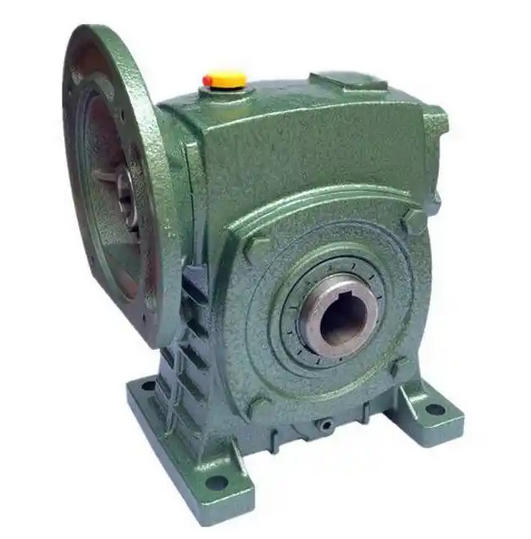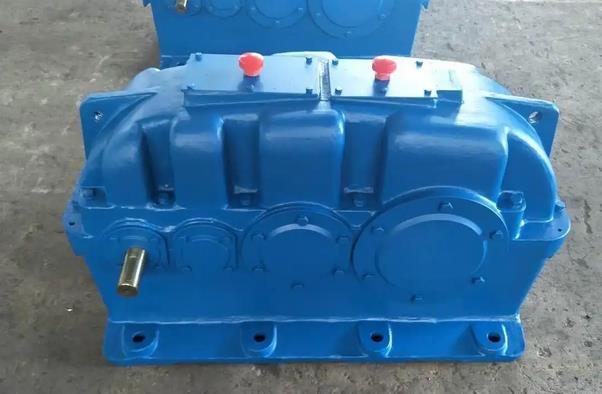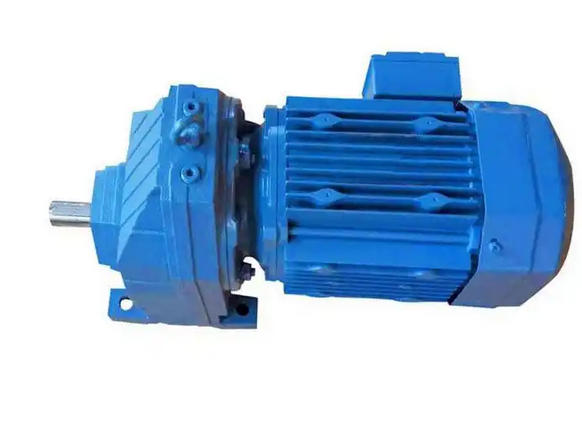What specific damages can lubricating oil pollution cause to the bearings of WPDKS120-60-3KW worm gear reducer
Lubricating oil pollution can cause three types of core damage to the bearings (mostly deep groove ball bearings or tapered roller bearings) of WPDKS120-60-3KW worm gear reducer, namely "abrasive wear, chemical corrosion, and lubrication failure". The damage will deteriorate exponentially with the degree of pollution, ultimately leading to bearing jamming and scrapping.1、 Abrasive wear: Pollution impurities become "abrasives", directly scratching bearing components
Solid impurities in lubricating oil, such as metal debris, dust, and sludge, will enter the interior of the bearing with the oil, forming a "grinding effect" between the rolling elements and the inner and outer raceway. The specific damage is manifested as:

Scratches on the surface of the raceway and rolling elements: Impurities particles will be squeezed between the raceway and rolling elements during bearing operation, resulting in scratches of varying depths (usually 0.1-0.5mm wide), which will damage the smoothness of the raceway. The originally precise surface roughness of the raceway (Ra ≤ 0.8 μ m) will deteriorate to Ra ≥ 3.2 μ m, resulting in a significant increase in rolling resistance and accompanied by a noticeable "rustling" friction sound during operation.
Rolling element deformation or peeling: Large metal debris (such as copper debris generated by worm gear wear) will form a "point load" inside the bearing. Long term compression can cause the rolling element surface to become concave and deformed, and in severe cases, it can cause "surface peeling" - the metal layer on the raceway or rolling surface falls off in pieces, forming irregular pits. The bearing will produce strong vibration during operation, and the vibration value may increase from normal ≤ 1.8mm/s to ≥ 4.5mm/s.
Wear and fracture of the cage: Impurities particles can also get stuck in the gap between the cage and the rolling elements, causing uneven force on the cage and resulting in "unilateral wear"; If the impurity hardness is high (such as steel debris), it may even directly scrape off the connecting ribs of the cage, causing the rolling elements to scatter, the bearings to completely jam, and the output shaft to be unable to rotate.




